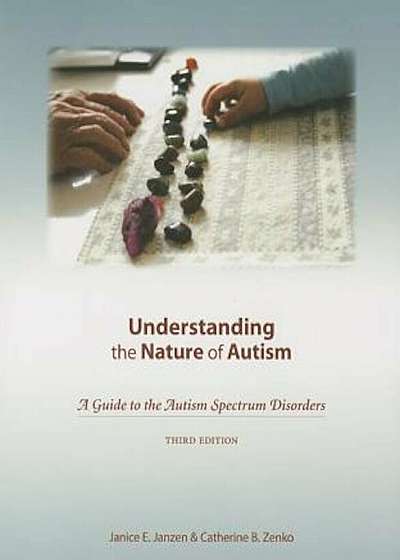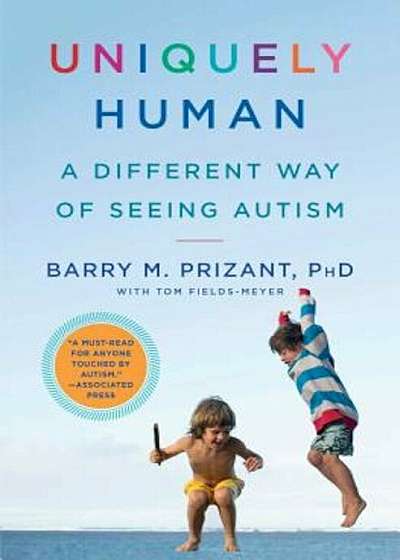
The SCERTS Model, Volume I & II: A Comprehensive Educational Approach for Children with Autism Spectrum Disorders, Paperback
Descriere
A groundbreaking synthesis of developmental, relationship-based, and skill-based approaches, ""The SCERTS(r) Model"" provides a framework for improving communication and social-emotional abilities in preschool and primary school students with autism spectrum disorders (ASD) and their families. Developed by internationally recognized experts, ""SCERTS(r)"" supports developmental progress in three areas: Social Communication (communicating spontaneously and establishing relationships), Emotional Regulation (regulating emotional arousal to support learning and engagement), and Transactional Supports (elements that aid a child's progress as he or she works toward a goal). With the two-volume manual set, early intervention professionals will have comprehensive and practical guidance on using ""SCERTS(r)"" in assessment and intervention. Volume I: Assessment gives detailed background information on ""The SCERTS(r) Model"" and guides professionals through the assessment process. Early interventionists will examine the research foundations and the recommended practices that inform the model; learn about specific goals and objectives for each of the three ""SCERTS(r)"" components; get a detailed listing of developmental milestones that contribute to the recommended assessment and intervention plans; explore ""The SCERTS®e; Model's"" similarities and differences with other models; and discover how to use the model in educational settings. Assessment report and observation forms are included to help collect information and monitor child progress. Volume II: Intervention gives early interventionists explicit instruction on how to help children reach their goals following assessment. They'll learn how to prioritize and set social communication and emotional regulation goals for young children; choose meaningful and purposeful activities to help them reach the goals, implement four types of transactional support (learning supports, interpersonal support, support to families, and support a
Comandă Cartea
Pe aceeași temă

Understanding the Nature of Autism: A Guide to the Autism Spectrum Disorders 'With CDROM', Paperback
Janice E. Janzen,Janice E. Janzen








